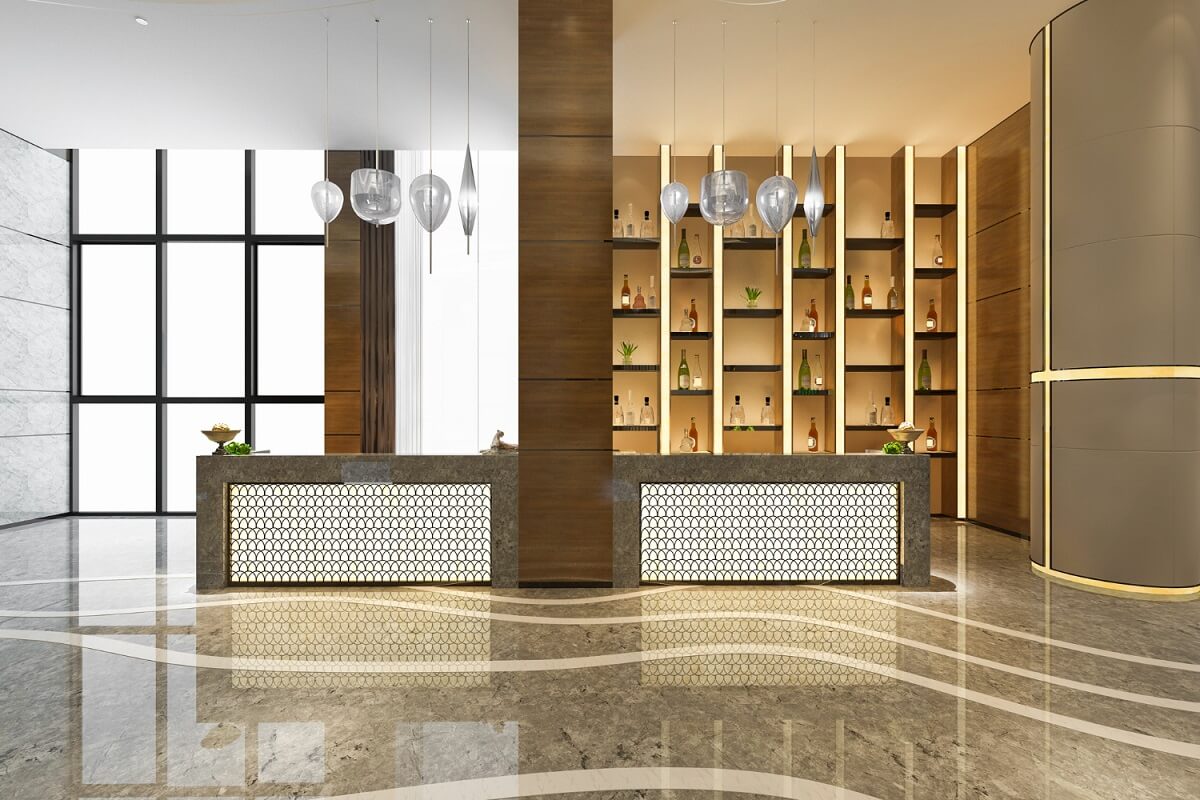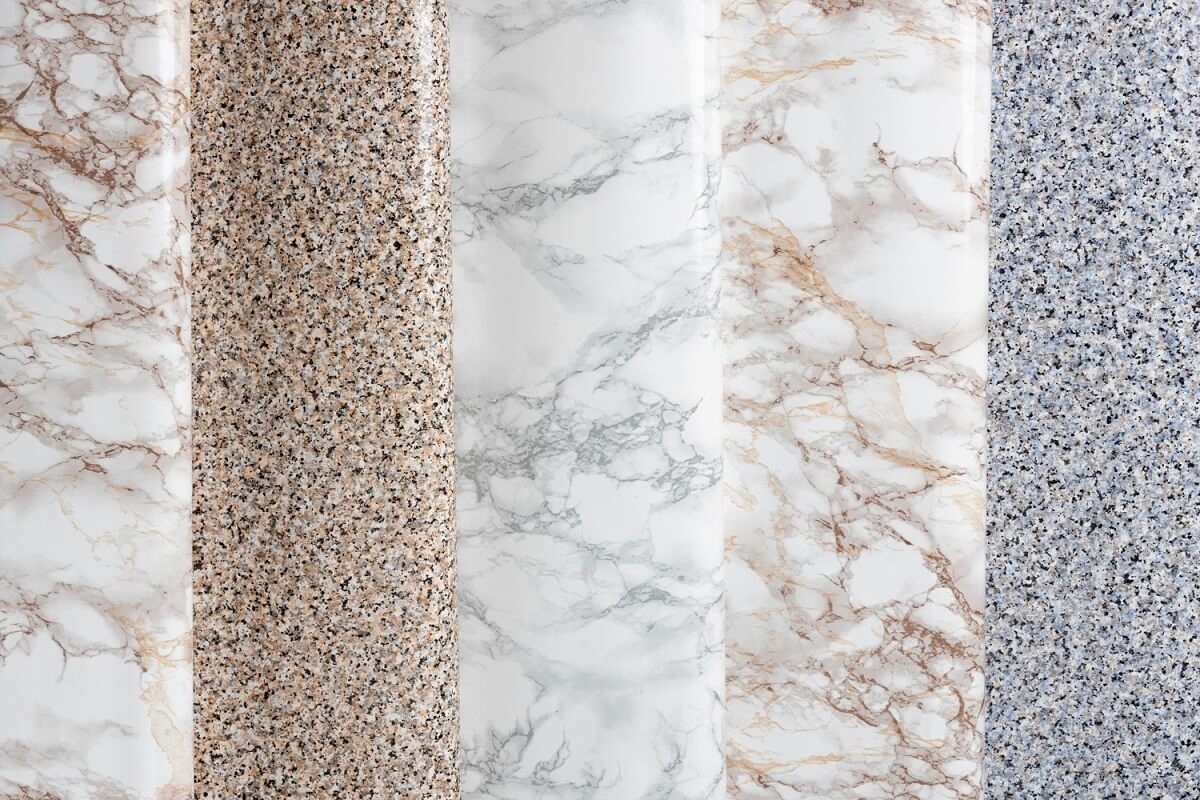Porcelain Floor Tiles: Their Benefits and Drawbacks

With its many benefits, porcelain tiles has quickly become one of the most popular new flooring options for residential and commercial settings. However, there are better options for some, and there are disadvantages. We’ll discuss the benefits and drawbacks of porcelain tile in this piece.
Pros and Cons of Porcelain Floor Tiles: What to Consider Before You Buy
Porcelain Floor Tiles Pros To Consider:
Porcelain floor tiles will last for a very long time. This tile doesn’t easily scratch, chip, or break because of its hardness and density. That’s why it’s a great option for families with dogs and busy kids. Its durability also makes it a perfect opportunity for heavily used public spaces like those in hotels, restaurants, retailers, and other commercial establishments. Landlords may also like it since they won’t have to worry about replacing it for decades.
The fact that porcelain tile is waterproof is one of the porcelain floor tiles pros that sets it apart from other flooring options. That’s why it’s so great for bathroom or kitchen tile, where moisture is always present.
This cutting-edge tile is waterproof and highly resistant to stains, so you won’t have to stress about dirt dragged in by dogs or children, spilled meals, or kids’ art projects. That makes it easier to keep it clean without harsh chemicals, which is great since most of us try to minimise our exposure to potentially harmful substances at home. Germs, mold, and mildew have no place to grow on porcelain tiles.
The low maintenance requirements of porcelain tile is one of the most amazing benefits of porcelain floor tiles. In contrast to genuine stone floors, porcelain tile flooring never has to be sealed to keep it watertight. It doesn’t need finishing work like buffing, waxing, or re-polishing.
Speaking of low-maintenance materials, porcelain tile can convincingly imitate the appearance of more difficult-to-care-for materials like marble, travertine, wood, and metal. You may build a high-end, lavish interior without the hassle of keeping genuine marble by using a sophisticated, high-tech inkjet printing method that makes the tile seem almost identical to marble. Hardwood flooring, or at least the impression of it, may be installed in rooms where natural wood would be inappropriate, such as the bathroom. Porcelain tile may seem like metal, even down to the non-erasable patina that develops over time.
Also Read: How to Maintain the Shine of Your Tiles
Porcelain Floor Tiles Cons To Consider:
Porcelain tiles are tough to break. However, they may be chipped if dropped. This is one of the porcelain floor tiles cons and may not be immediately apparent with through-body composition, but it is still causing for worry.
The cost of porcelain tile flooring is often higher than that of ceramic or other standard options. Because of its hardness and endurance, the tile may survive for decades without replacing it, making it an excellent investment. However, there might be a hefty up-front cost associated with the setup.
The price of labour to lay the floor adds significantly to the overall cost of porcelain tile. Porcelain tile flooring is a project that could be better for the average homeowner. It’s challenging to work with because of its heft, the specialised tools required to cut it, and its abrasive nature. It is suggested that you hire a professional tile installation like Tile Trolley.
Another porcelain floor tiles cons are they might be problematic due to their density. The subfloor and supports must be adequately sturdy to accommodate the increased load. The cost of installation may increase if you want to reinforce your floor.
Due to its hardness, porcelain tile flooring may be less pleasant to walk on than other options like hardwood, natural stone, or vinyl tile. In the winter, it could be more enjoyable to walk on. Porcelain tile, on the other hand, works well with under-floor heating systems.
The resale value of a property is a significant factor in the decision to renovate. They want assurances that their investment will pay off in the form of a higher asking price if and when they decide to sell their house. Despite its many advantages, porcelain tile needs to be better recognised for increasing a property’s worth. A tile floor, however, might make your property much more desirable, leading to a quicker sale.
Also Read: Which Is Better: Marble Stone or Marble Tiles for Your Floor?
Conclusion:
Porcelain tile’s rising popularity may be attributed to the many advantages listed above. However, it is not the ideal flooring material for every situation. Weigh the benefits and drawbacks carefully so you can make an informed decision. Contact Tile Trolley today for all your Porcelain tile needs.

